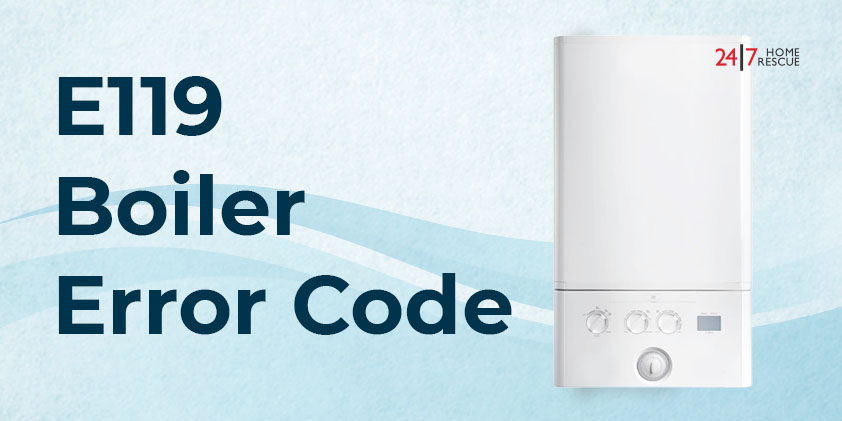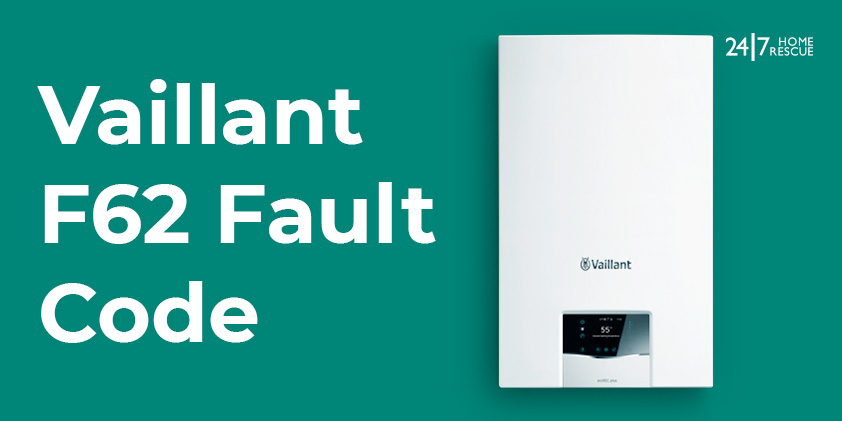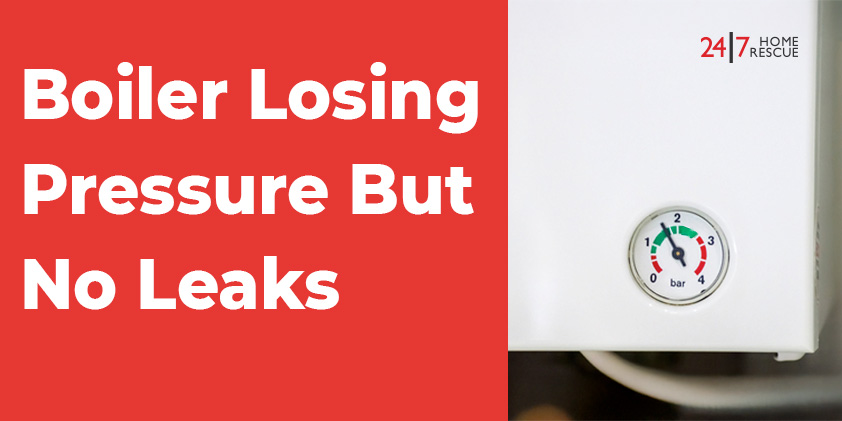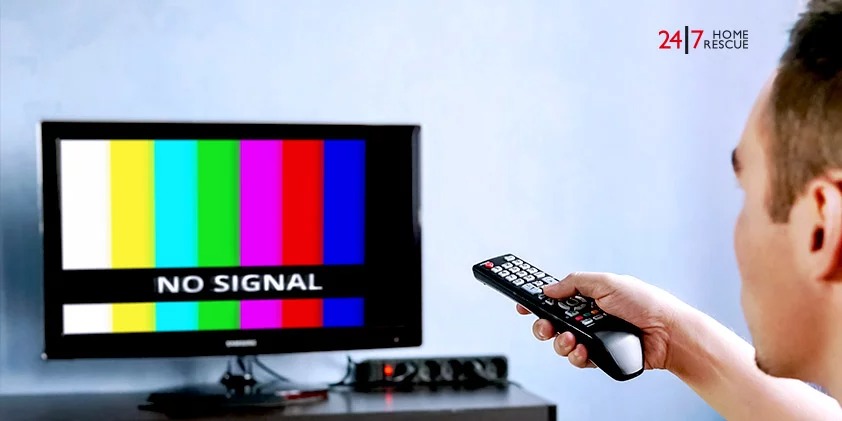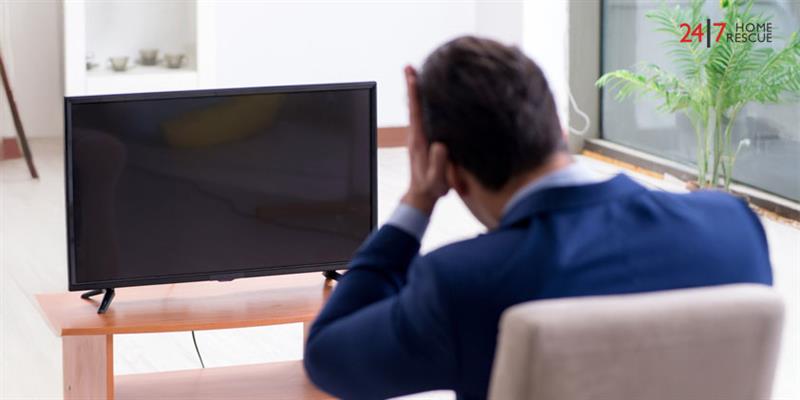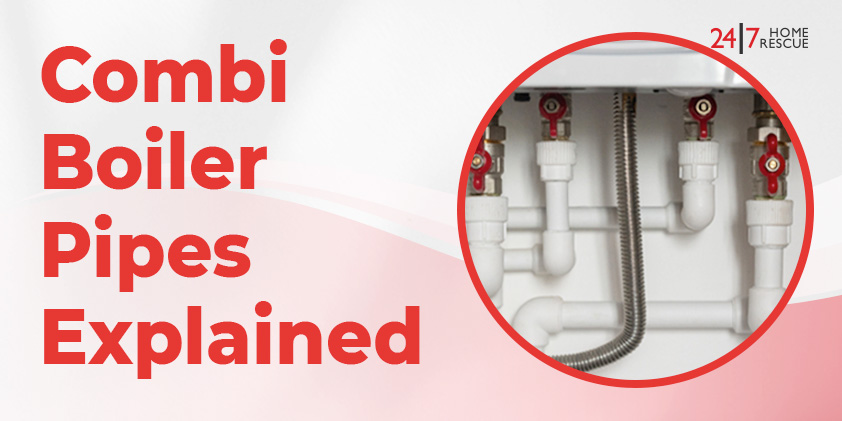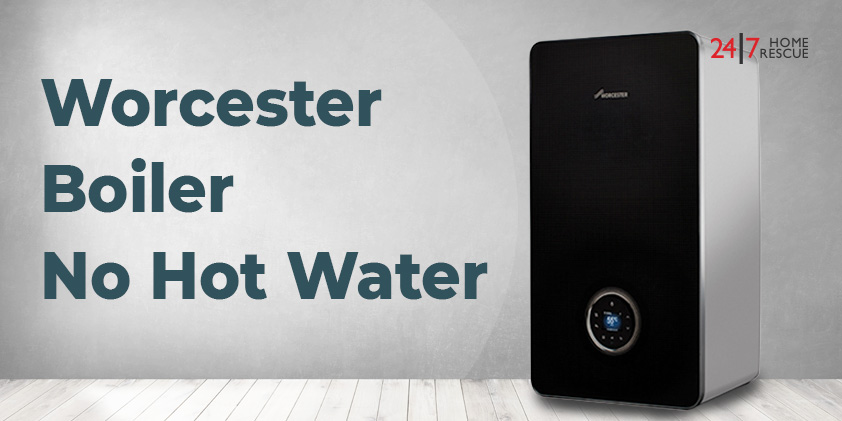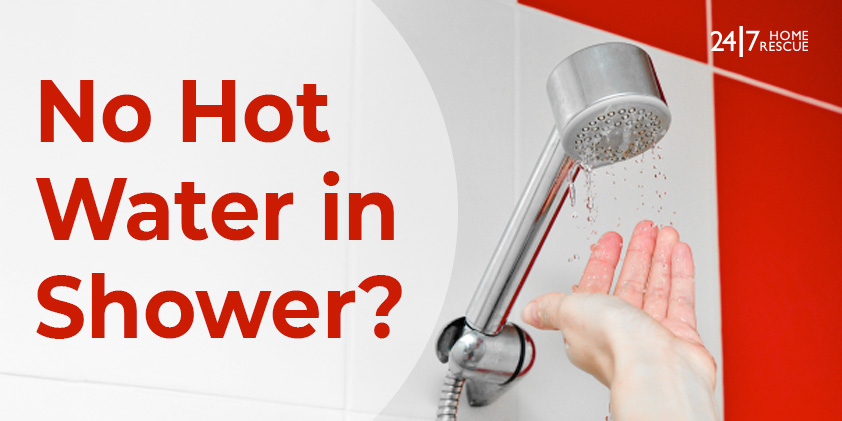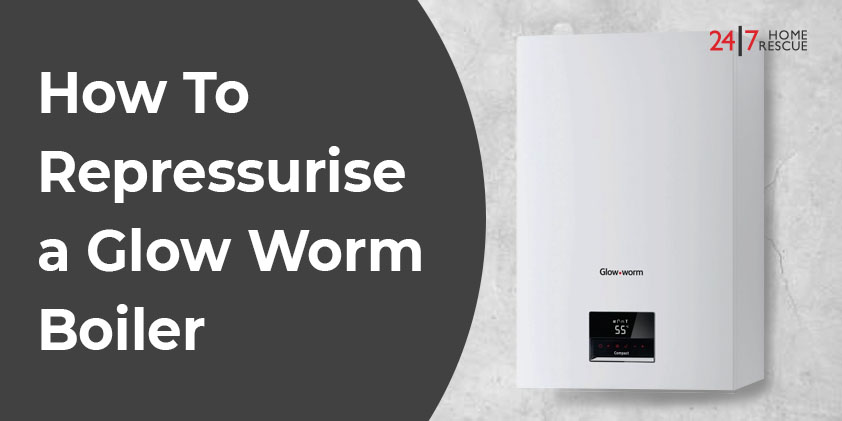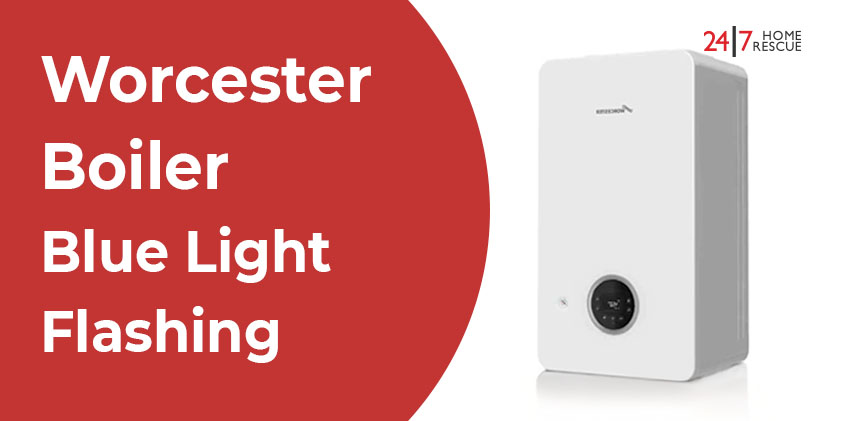
Legionnaires’ Disease – The Hidden Health Risk Lurking in Your Plumbing
Legionnaires’ disease is not just a mild illness; it is a serious and potentially fatal form of pneumonia caused by inhaling aerosolised water droplets contaminated with Legionella pneumophila bacteria.
Unsafe plumbing repairs can create the perfect conditions for this bacterium to thrive, especially when pipework is poorly installed, flushing is neglected, or materials prone to microbial growth are used.
These faulty practices allow stagnant, warm water to accumulate in the system, a known breeding ground for Legionella. The infection primarily attacks the lungs and poses significant health risks, particularly to vulnerable individuals such as the elderly, smokers, and those with weakened immune systems.
Common Symptoms of Legionnaires’ Disease
High Fever: Typically, a fever of 38°C (100.4°F) or higher often signals the onset of an infection.
Shortness of Breath: Difficulty in breathing can escalate quickly and may require medical intervention.
Persistent Cough: A chronic cough, often accompanied by mucus, can be indicative of more severe lung issues.
Muscle Aches and Fatigue: Unexplained soreness and prolonged tiredness are common early signs.
Chest Pain: Discomfort may arise as the lungs become increasingly affected.
Confusion or Delirium: A decline in mental clarity can occur, especially among older adults.
Recent statistics from the UK Health Security Agency reveal a concerning trend, with 604 confirmed cases of legionellosis reported in England and Wales in 2023, making it the highest annual figure since 2017. Alarmingly, most of these cases, 77.5% were acquired in community settings, primarily within homes, highlighting the need for vigilant oversight of household plumbing.
How Legionella Bacteria Flourish in Home Plumbing Systems
Legionella bacteria thrive in warm, stagnant water, with optimal growth occurring between 20°C and 45°C. Without proper maintenance and design, home plumbing systems and water heating apparatus can become a breeding ground for these harmful bacteria.
Unsafe Plumbing Practices That Facilitate Legionella Growth
| Poor Practice | How It Promotes Legionella Growth |
|---|---|
| DIY plumbing with substandard materials | Rubber seals and poor fittings can create environments conducive to microbial proliferation. |
| Infrequently used taps or showers | Stagnant warm water remains in the lines, providing an ideal habitat for bacteria. |
| Inadequate temperature control | Water stays within the temperature range that supports bacterial growth rather than being adequately heated or cooled. |
| Improper pipe layouts | Designs that include stagnant water zones significantly heighten exposure risks. |
| Neglected system flushing | Failure to regularly flush systems allows bacteria to accumulate unnoticed. |
Relying on unlicensed tradespeople for plumbing repairs can exacerbate these hazards, significantly heightening the risk of Legionnaires’ disease for your family.

Plumbing Repairs
Protect your home from leaks and water damage with our reliable one-off plumbing repairs. We’ll fix issues in your hot and cold-water pipes, helping you maintain a safe, efficient system and avoid costly sudden repairs.
Assessing Legionella Risks in Your Boiler
Hot water systems, particularly those that are older, can serve as reservoirs for Legionella if water is stored for prolonged periods instead of being heated on demand.
Comparing Legionella Risks in Combi Boilers and Traditional Systems
Combi Boilers: These systems are generally safer, as they heat water on demand, minimising the potential for stagnation and bacterial growth.
Related Article: All About Combi Boilers: How They Work, Types, Advantages & More
Traditional Boilers and Hot Water Cylinders: These systems store water, which increases contamination risks when temperatures drop or regular maintenance is overlooked.
Related Article: Different Types of Boilers are Explained: Combi, System, Heat Only
Identifying Other High-Risk Areas Within Your Home
- Showerheads: Hot water fixtures can harbour bacteria if not cleaned regularly.
- Spa Baths and Hot Tubs: Warm, standing water is a prime environment for Legionella proliferation.
- Cold Water Tanks: These can also become contaminated if not maintained.
- Dead-End Pipework: Unused outlets can trap water, contributing to stagnation.
- Garden Hoses: Standing water in hoses left unchecked can encourage bacterial growth.
It’s essential to remember that even the most modern plumbing systems can harbour dangerous bacteria if they are not properly designed or maintained.
Preventing Legionnaires’ Disease at Home: Essential Measures
To safeguard your home from Legionnaires’ disease, implement these key preventive strategies:
Maintain Water Temperatures: Ensure hot water is heated above 60°C (140°F) and cold water is kept below 20°C (68°F). Utilise thermostatic mixing valves (TMVs) to avoid scalding while maintaining safe temperature ranges for the water supply.
Flush Inactive Outlets Regularly: Make it a habit to flush seldom-used taps, showers, and outdoor plumbing weekly to eliminate standing water.
Clean Showerheads Frequently: Aim to descale or disinfect showerheads every three months to prevent bacterial build-up
Eliminate Dead Legs and Stagnant Zones: Redesign plumbing layouts to eliminate long, unused pipe runs where water can stagnate.
Choose Safe Plumbing Materials: Opt for materials that discourage the formation of bacterial biofilms, avoiding plastic and rubber seals known to promote microbial growth.
Get Your Boiler Serviced Annually: Regular servicing can prevent internal corrosion and scale build-up that allows Legionella to thrive.
Avoid Costly Health Hazards from Unsafe Repairs
Although hiring unqualified plumbers may seem cost-effective initially, the long-term health risks associated with improper repairs can be catastrophic. Issues such as incorrect pipe fittings, water stagnation, or neglecting essential flushing protocols create a perfect environment for outbreaks of Legionnaires’ disease in your home. Always ensure that you hire Gas Safe registered engineers for any plumbing or boiler work to ensure the safety of your household.
Stay Safe with 24|7 Home Rescue
If you suspect your boiler is leaking, notice unusual odours from your water, or realise that taps haven’t been used in weeks, don’t delay. Contact us for immediate assistance.

Home Emergency Cover
Safeguard your property against unforeseen circumstances with Home Emergency Cover from 24|7 Home Rescue.
